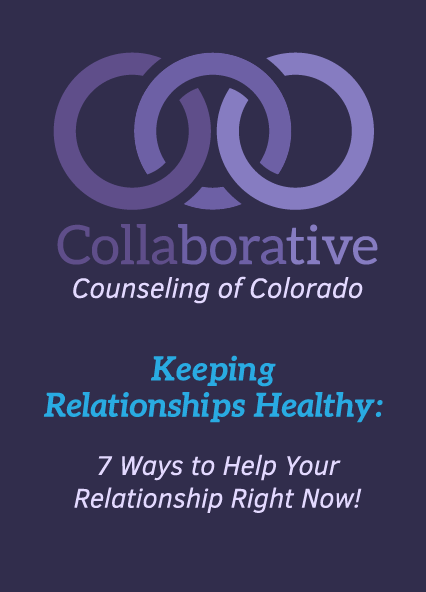Due to our modern lifestyles and potential genetic predispositions, it is a harsh reality that many of us are prone to experiencing an unhealthy amount of anxiety. In fact, approximately 40 million adults in the United States suffer from some form of anxiety disorder (1). The COVID-19 pandemic has further exacerbated the issue, with the World Health Organization reporting a 25% increase in global numbers of anxiety and depression.
I share these statistics to highlight the understandable reasons behind the prevalence of anxiety. As I have learned through my counseling studies, our current lifestyles differ significantly from those of our ancestors a few centuries ago, and even from a few decades ago. These differences do not work in favor of sound mental health. We are less physically active, spend less time in nature, have busier schedules, less time for hobbies and creativity, and limited downtime and social activities. Moreover, we face an abundance of choices in various aspects of our lives, such as the grocery store or career options, and we have higher standards for what constitutes a comfortable home and lifestyle. Unfortunately, none of these factors promote better mental health. Therefore, if you are experiencing anxiety, it is crucial to be kind to yourself and acknowledge the many challenges you are facing.
So, what exactly is anxiety? How do we differentiate between normal stress, worry, and concern, and an anxiety disorder? In simple terms, the DSM-5 (Diagnostic and Statistical Manual of Mental Disorders, 5th edition) designates Generalized Anxiety Disorder based on the duration of worries (prominently experienced “more days than not” for at least six months), the inability to control the worry, the presence of at least three symptoms (such as sleep disturbances, difficulty concentrating, fatigue, irritability, muscle tension, and restlessness), and if the anxiety significantly distresses an individual and impairs their ability to function normally.
Anxiety often manifests as increased heart rate, rapid breathing, fatigue, weakness, restlessness, trembling, insomnia, uncontrollable worry, and trouble concentrating.
However, there is good news for those who suffer from anxiety. It is possible to manage anxiety through new habits and coping skills. The Mayo Clinic offers nine tips for coping with anxiety:
1. Eat healthy foods.
2. Be physically active.
3. Prioritize sleep.
4. Utilize stress management and relaxation techniques.
5. Avoid alcohol and recreational drugs.
6. Quit smoking.
7. Reduce or eliminate caffeinated beverages.
8. Engage in social activities.
9. Maintain a journal.
Consider this a teaser for my next blog post, “Anxiety, Part Two,” where I will share more specific tips for coping with anxiety and explain the benefits of the Mayo Clinic’s nine coping strategies.
If you or someone you care about is experiencing troublesome anxiety symptoms, I strongly urge you to seek support from a professional therapist or counselor.
Until next time, remember to be kind to yourself!

